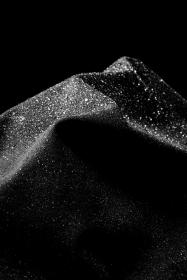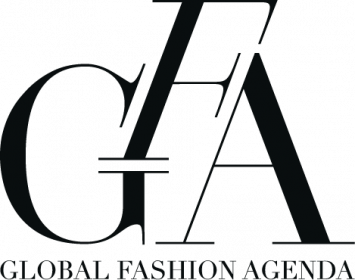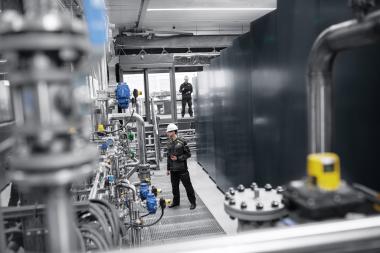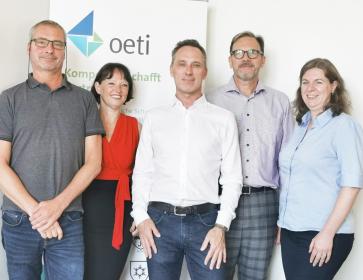Polartec: Plant-based nylon resulting in a 50% lower carbon footprint vs. virgin nylon
Polartec, will upgrade two of its product platforms now using Biolon™ *, plant-based nylon fiber and membrane setting a new standard in sustainability for performance fabrics. Polartec® Power Shield™ and Power Stretch™ Pro fabrics containing Biolon™ fibers and membranes will premiere this autumn.
Biolon™ is a renewable, non-GMO plant-based nylon with a 50% lower carbon footprint than virgin Nylon 6,6. Biolon™ nylon properties are closer to Nylon 6,6 than many recycled nylon alternatives currently on the market. Biolon™ has re-worked a staple, making the best, better in terms of performance and sustainability. Its plant-based inputs account for approximately half (45-48%) of the nylon content in the fibers and membranes in new Polartec® Power Shield™ and Power Stretch™ Pro fabrics debuting this fall.
Ramesh Kesh, Senior Vice President – Government & Defense and Polartec at Milliken & Company said, “For a long time, many thought that sustainable options meant a loss in performance, like durability, Polartec has proved that this is not the case. Challenging a technology already considered to be at the pinnacle of performance was a big ask yet the team at Polartec rose to that challenge and we believe we have created a new standard in sustainability for performance fabrics.”































